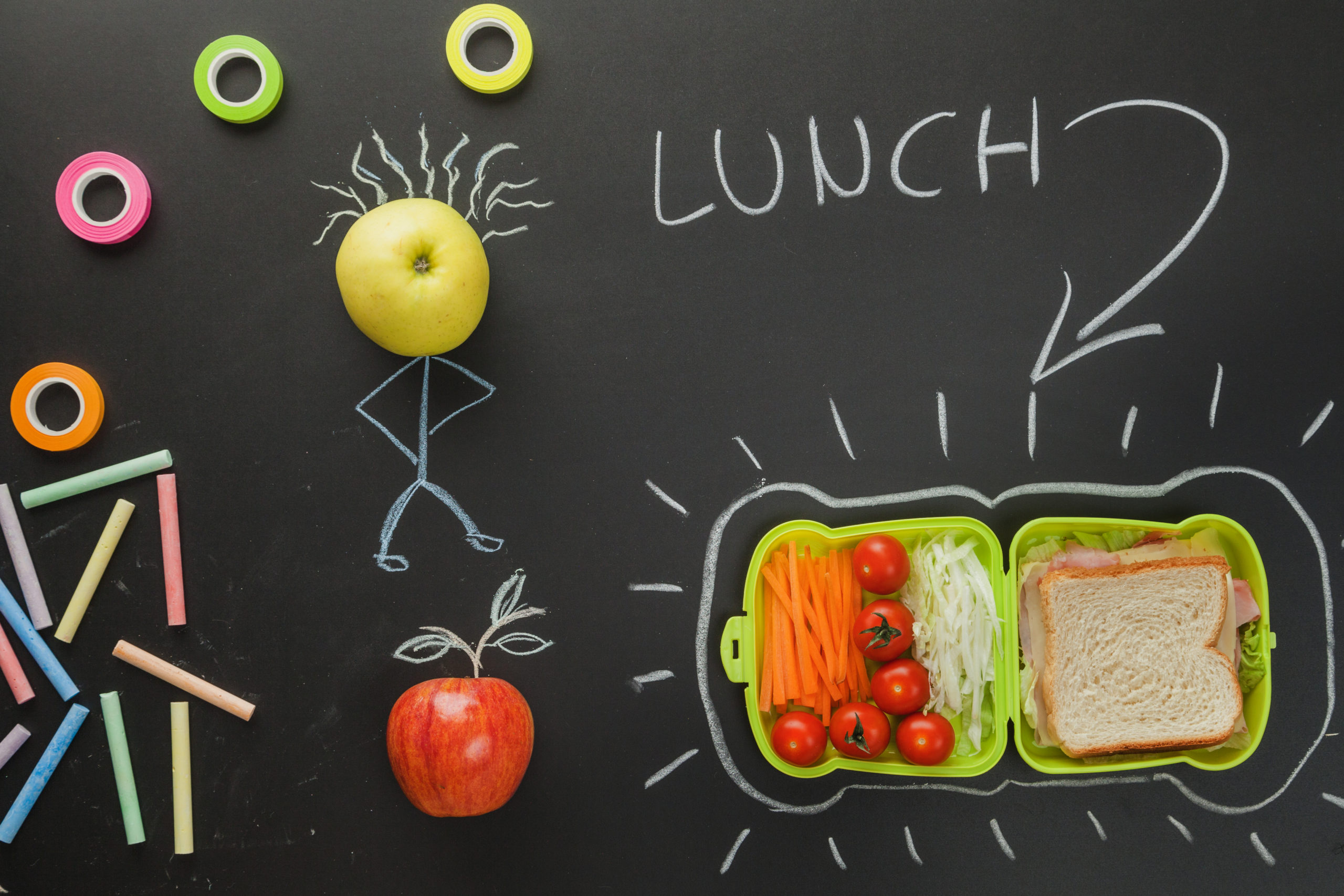School Closings and No Income: What Happens to School Meals?

What are we doing to feed our children? More than 10.6 million more workers were unemployed in July 2020 than in March 2020, and more workers than ever are facing a cutback in their hours.
Partial success: The U.S. Department of Agriculture (USDA) has heeded the anti-hunger, education, youth-serving communities’ and bi-partisan call to extend waivers for critical child nutrition programs that ensure the growing number of children at risk of hunger can get the nutrition they need. This extension will ensure schools and private nonprofit organizations serving as summer meal program operators have the flexibility to reach low-income children who rely on free and reduced-price school meals while schools are shuttered or have schedules that include both remote and in-classroom learning. We commend the USDA for extending these waivers but we ask that the waivers be extended through June 30, 2021, to address the long-term economic fallout of COVID-19. We need continued advocacy to be sure our children will receive meals throughout the whole academic year.
Presently, school meals will be provided through The Summer Meals Program. Under this program, there are little income eligibility restrictions or other requirements. The School Lunch Program has awkward eligibility restrictions. We hope that this waiver will last the full academic year and continue to assist families.
Under the program, Parents can pick up food without their children in tow. Children can remain at home or in childcare or school, where they are safer from viral infection. Hopefully, this will be allowed all year.
Advocacy: Now, we call for the USDA to extend waivers and access to affordable meals through the end of the 2020-2021 academic school year. Advocates also propose an increase of 15% increase in our Supplemental Nutrition Assistance Program (SNAP). Right now the average benefit is $1.40 per meal. We need an increase to prevent children from starving and we urge you to reach out to your legislators to help make this possible.
Take action to tell Congress and the White House: pass and enact a final COVID-19 deal that boosts SNAP benefits and extends and strengthens P-EBT.
Visit this article from USA Today to learn more about how your state is managing to feed families with little or no income: https://www.usatoday.com/story/money/2020/09/05/states-where-government-food-assistance-is-spiking/113640534/?eType=EmailBlastContent&eId=943b42ef-0035-4693-92b0-c044eedb008b.

